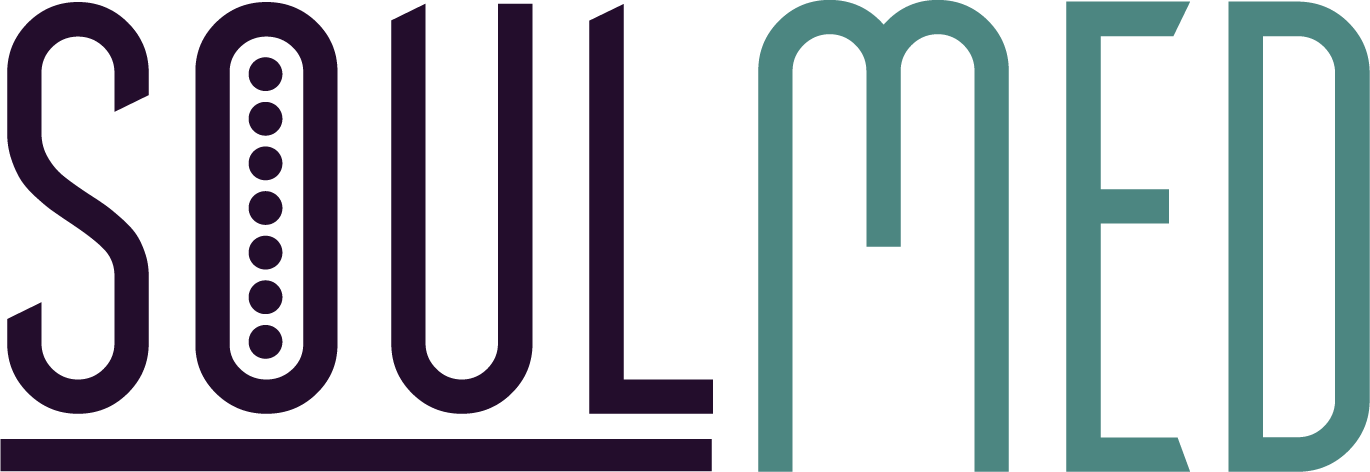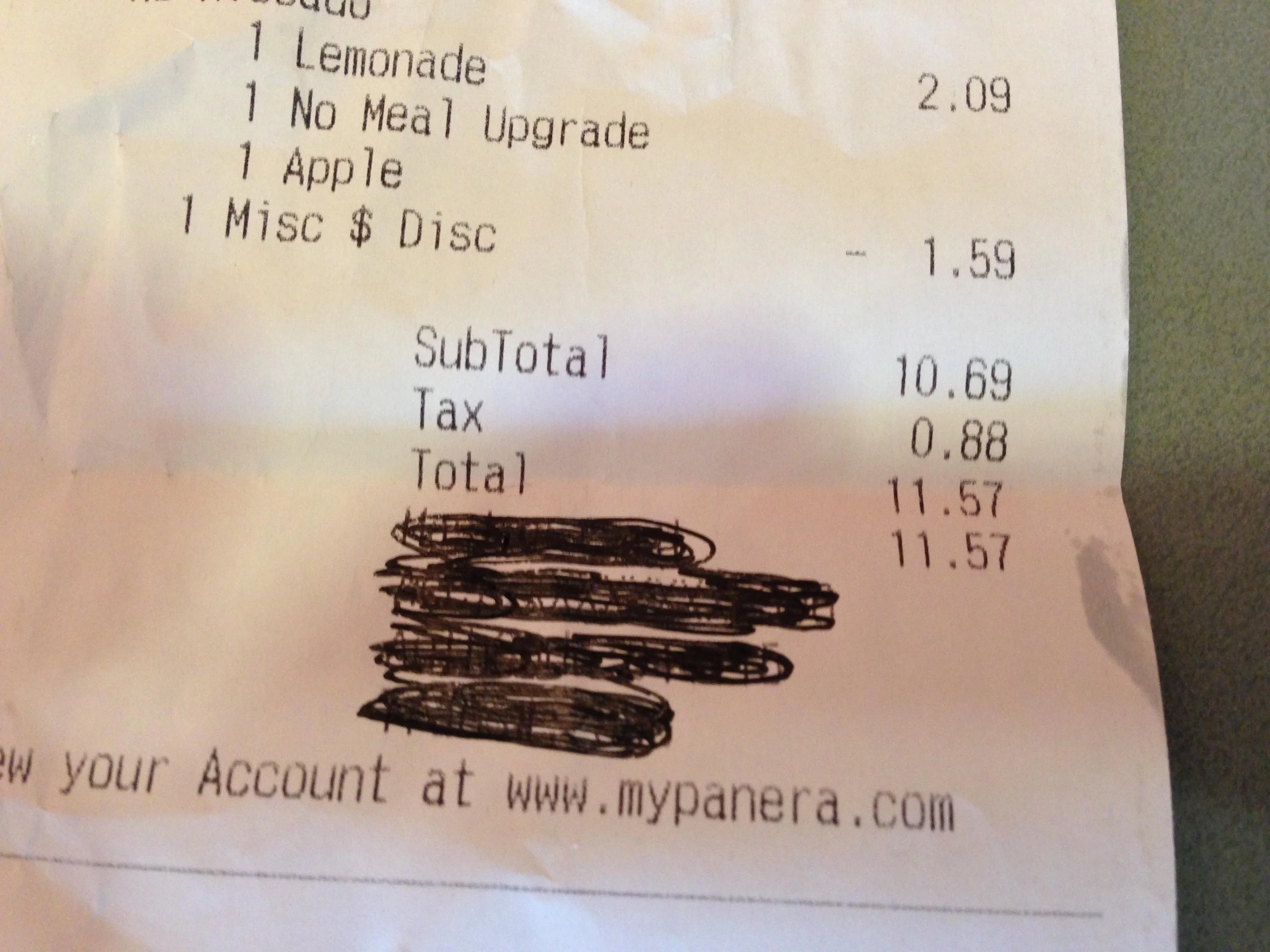last week I read imani brammer’s "open letter to bobby shmurda." my feelings and emotions were all over the place. the person who always has an opinion - and is ready to voice it - couldn’t say anything. I shared the post on social media because it was a great read, but my heart couldn’t fully support or stand in opposition to anything she wrote.
you see, when it comes to hip hop I find myself torn. the conscious and righteous person inside of me says you shouldn’t support music that degrades women, glamorizes illegal behavior or adds no value to the plight of the black people. everyone should be about the business of lifting up the best of us, not the worst of us.
then there is the side of me that says, music is a form of expression, right? part of expressing yourself is telling your truth, explaining life in your words and experiences. we don’t ask rock artists or blues artists or authors or dancers - or even black r&b artists to limit their expression to help uplift a whole race of people. why do we ask hip hop artists to do this? why do we require them to limit their self-expression to fit into our boxes or to wear this burden of black consciousness? aren't the stories they are telling have value? don’t they have a place in this body of work that we are building?
I believed they did, but I also could see how they could perpetuate the negative stereotypes and the drunk and dependent mindset that exists in our community.
so, I stayed quiet as I tried to find my voice, my perspective.
as I read the comments that filled the space below the FB post, I started to find my voice in response to brammer’s main point, which was that shmurda was a puppet making money for “the man.” [That was a very loose paraphrase.]
thinking on that point led me to a scene from one of my favorite movies - brown sugar.
during the movie dre (taye diggs) finds out that his label is about to sign a new group that is completely commercial. he is adamantly opposed to the decision and goes to his boss to express his frustrations. his boss blows him off and essentially tells him he has two choices - deal with the decision or find another job. dre is at a crossroad. he has to decide what is most important to him - his reputation as a music executive dedicated to promoting artists who produce quality music or making money.
here’s the conversation from the scene:
dre: I was thinking about yesterday when I got my hand handed to me by that MC. and I realized, I’m the cat you’re writing on when you say hip hop has lost it’s way. …. I was ready too, ready to leave millennial. [ready to] give them my high-minded speech and just bounce. then I started thinking about the money, upward mobility, suits - and I punked out.
sydney: you didn’t punk out.
dre: you gotta admit I punked out a little bit.
sydney shakes her head.
dre: not even a little bite-sized melt in your mouth not in your hand punk out?
sydney: okay. maybe a tiny bite-sized punk out.
dre: See!
sydney: dre, we all sell out a little in our careers. It’s how we survive the business.
sydney’s words are so true. we all sell out a little bit in our careers. It’s how we survive. what makes your sell out different than his?
and let me say this: i don't believe that just because one does the other has to, but i do believe there is no place for judgement - especially when you can't say you aren't doing the same. people in glass houses shouldn't throw stones. we should have no judgement. we should offer other options and and begin to determine how we create a black economy.
moving on ...
recently motherjones, a nonprofit news organization that specializes in investigative, political, and social justice reporting, released a list of Fortune 500 companies that support the political resegregation of America. I am sure many of us patronize or work for these companies. are we not sell outs?
i don’t want to continue to point fingers. i want to offer solutions to moving our community forward:
- unify.
- develop an agenda and organize the people.
- create options.
- regenerate the black dollar in the black community.
ultimately we have to use our power and influence to create positive change for disadvantaged people. we all have a small flock to guide. make sure you are guiding your flock when the opportunity is there - even if it makes you (or your position) uncomfortable.
i will leave you with this question from minister louis farrakhan: “what has your degree done for your community lately?"
p.s. if you are wondering the moral of it all here it is: don't point the finger calling someone a sell out unless you can unequivocally say you aren't selling out yourself. AND if you don't have other options to offer that don't include selling out then you should - keep. those. fingers. to. yourself. basically, people in glass houses shouldn't throw stones, present company included. offer solutions not criticism.






